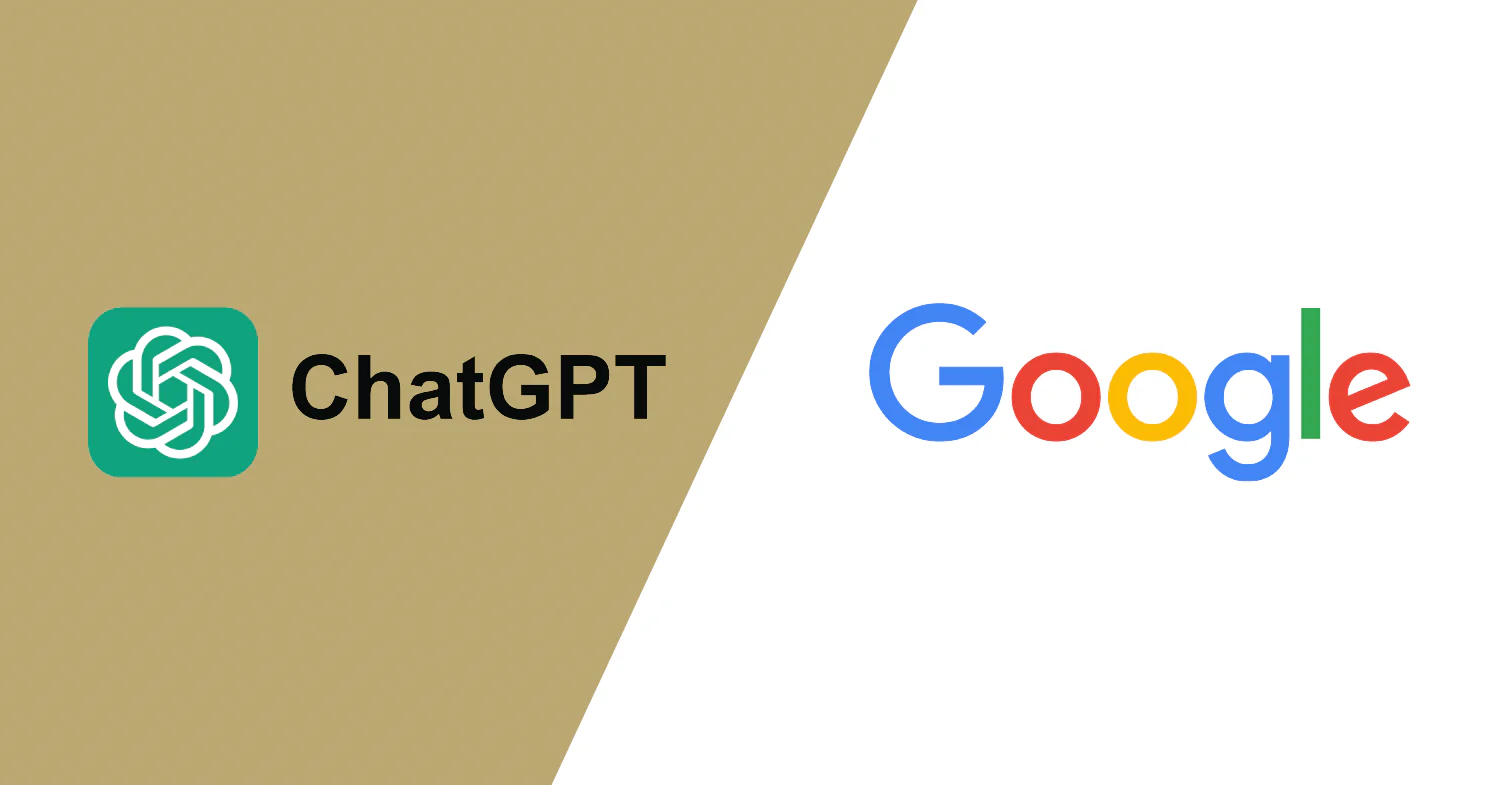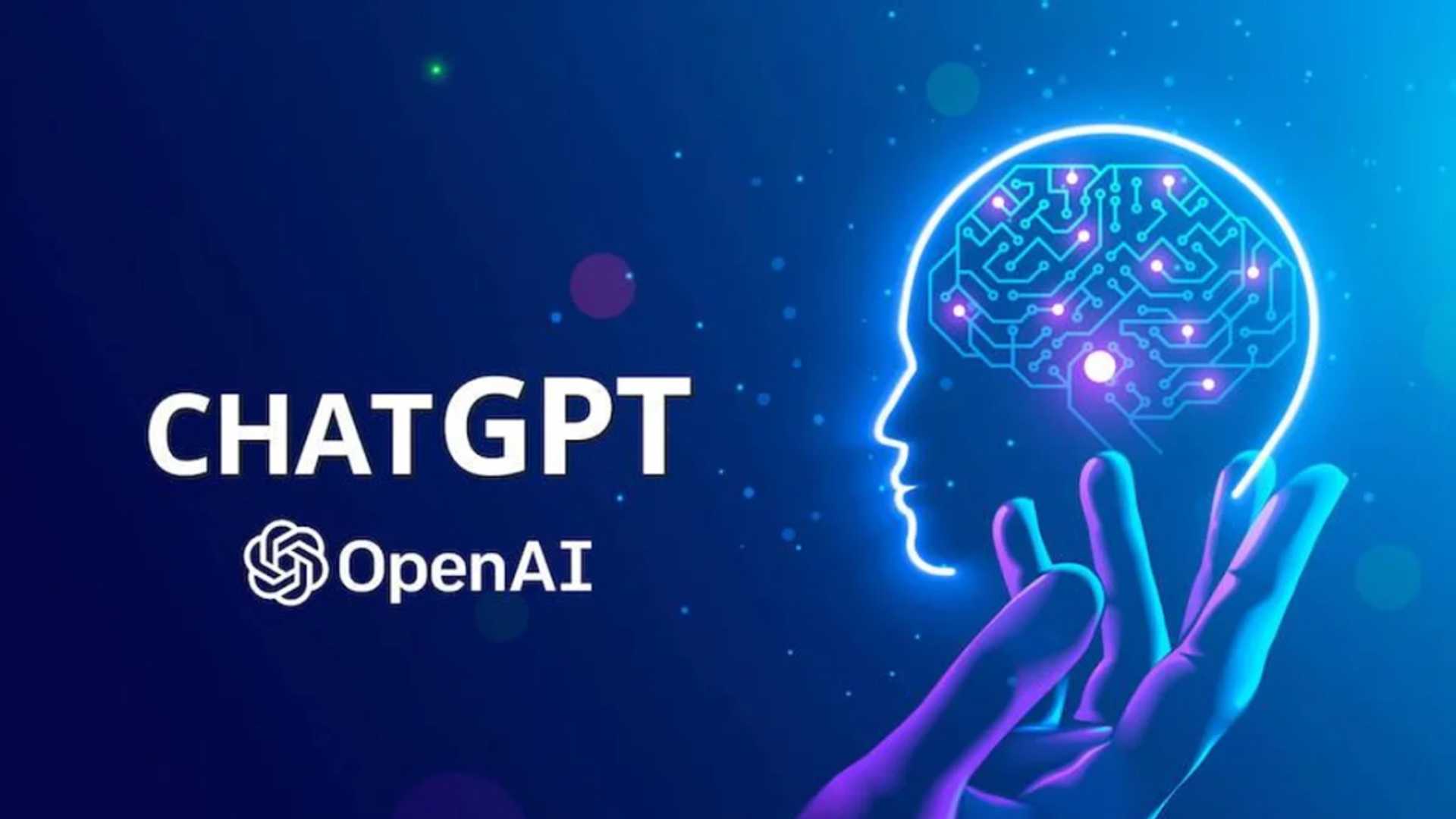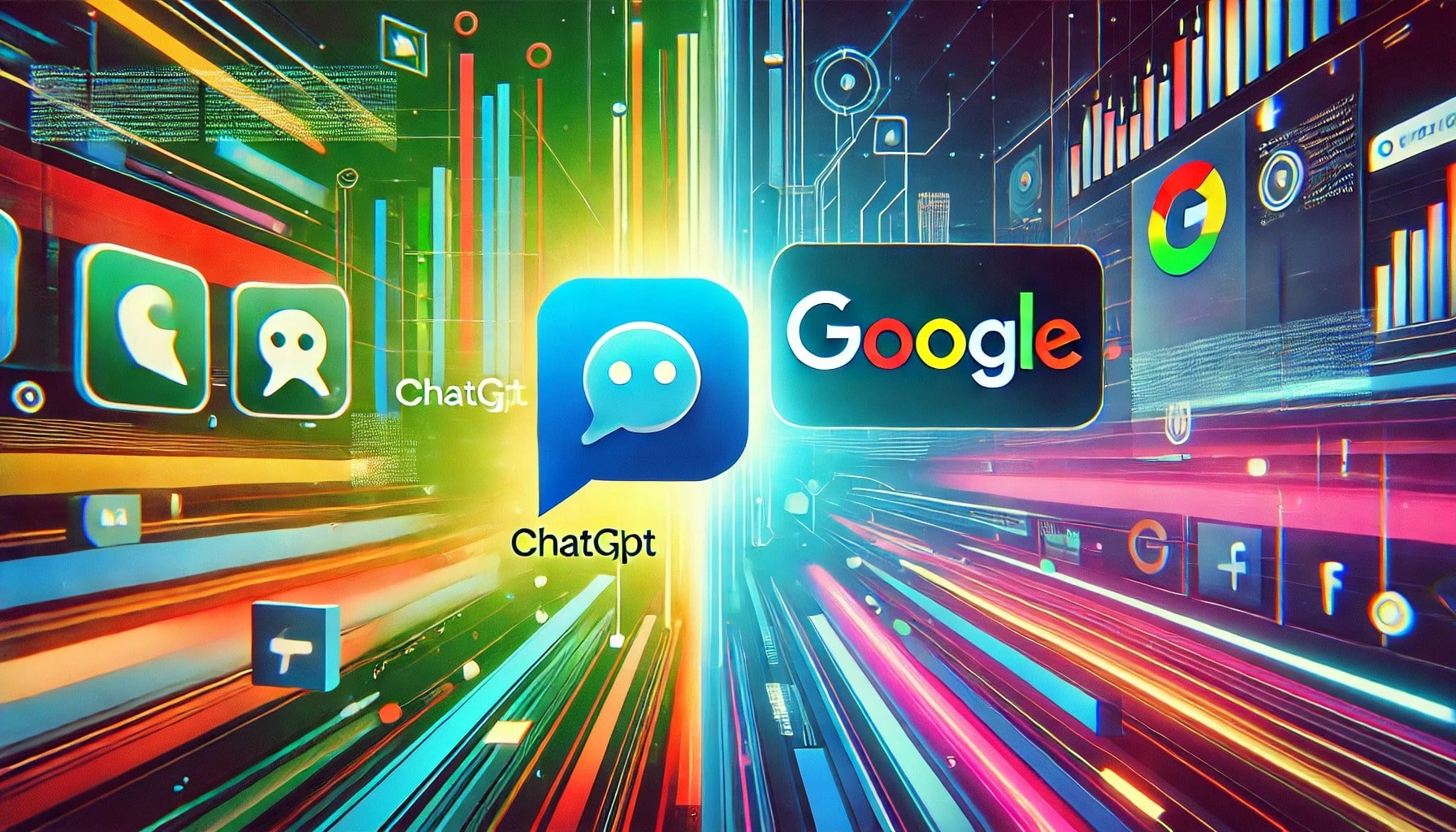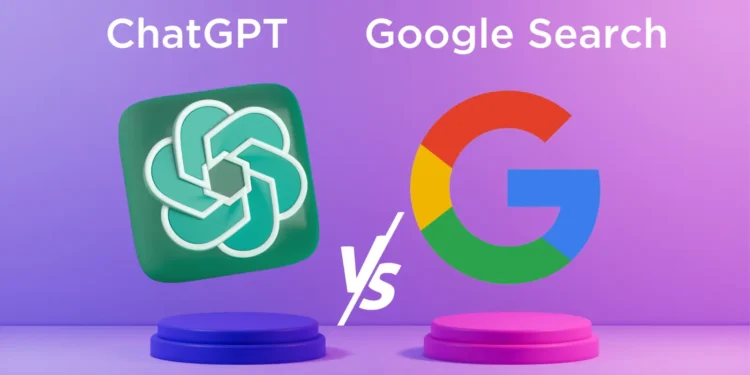In the digital age, search engines have become our gateways to knowledge and information. Google has long reigned supreme in this domain, but recent developments suggest a potential shift. OpenAI’s ChatGPT Search has entered the public sphere, promising a fresh take on internet searching without the clutter of ads and biased links. But is it enough to dethrone the reigning champ? Let’s delve into a detailed comparison based on real-world usage to see if ChatGPT could be your next go-to search engine.

The New Challenger: Understanding ChatGPT Search
OpenAI has enhanced its renowned chatbot technology with ChatGPT Search, integrating it with search engine capabilities to fetch up-to-date information. This approach mimics Microsoft Copilot’s functionality, providing results through inline citations. The search method, as per OpenAI’s VP of Engineering (who confirmed on Reddit), partially utilizes Bing to rank and pull data from various online sources. Adding to its accessibility, OpenAI introduced a Chrome extension allowing users to set ChatGPT as their default search engine—a change I embraced to truly gauge its long-term viability.
Head-to-Head: ChatGPT Search vs. Google Search
Speed and Accuracy in Everyday Use
Upon setting ChatGPT as my primary search engine, several differences became immediately apparent. Unlike Google, ChatGPT Search does not display ads or sponsored content, which simplifies the search experience significantly. However, this AI-driven tool does take slightly longer to deliver results compared to Google and occasionally requires follow-up queries to hone in on specific information. In contrast, Google typically offers a wide range of links, increasing the likelihood of finding comprehensive content on the first try.

Specific Queries, Specific Results
Let’s examine a few specific searches to compare performance:
- Currency Conversion and Weather Reports: ChatGPT provided a quick currency conversion from USD to JPY, though it cited a slightly outdated source compared to Google’s real-time data. For local weather, Google’s access to extensive location data gave it a distinct advantage, pinpointing my exact suburb, whereas ChatGPT struggled with location accuracy.
- Tech Updates: When asked about the Android 15 update for the Galaxy S24, ChatGPT efficiently pulled relevant information from our own coverage and confirmed it with an additional source. Google, while offering more links, cluttered the results with unrelated suggestions.
- Tax Information: During tax season, accurate and current data is crucial. ChatGPT excelled here by retrieving the latest capital gains tax information directly from the Canadian government’s official site, demonstrating its capability in handling queries that require specific official data.
- Travel Plans: In searching for the cheapest eSIM plans for Japan, ChatGPT’s results were generally relevant but included a source with outdated pricing. Google offered a broader selection of current options, placing it ahead in terms of reliability for travel-related inquiries.
Feature Comparison and User Experience
Google maintains an edge in user experience by offering a traditional list of search results beneath AI-generated summaries, providing a familiar browsing experience. In contrast, ChatGPT displays a limited number of sources and lacks comprehensive follow-up links, which can hinder detailed research.

Despite its innovative approach, ChatGPT Search isn’t ready to completely replace Google as your primary search engine. The absence of ads and streamlined responses make it appealing for straightforward queries, but it falls short in speed, breadth of information, and real-time data accuracy. While it’s a commendable secondary tool for specific searches, Google’s robust and multifaceted platform remains indispensable for more complex or varied inquiries.
In summary, while ChatGPT Search shows promise and can handle certain types of searches more succinctly, it’s best used in conjunction with Google, especially for critical or time-sensitive information. As AI search technologies evolve, it will be interesting to see how OpenAI continues to refine its offerings to better meet user needs. For now, Google still holds the crown, but the competition is definitely heating up.










